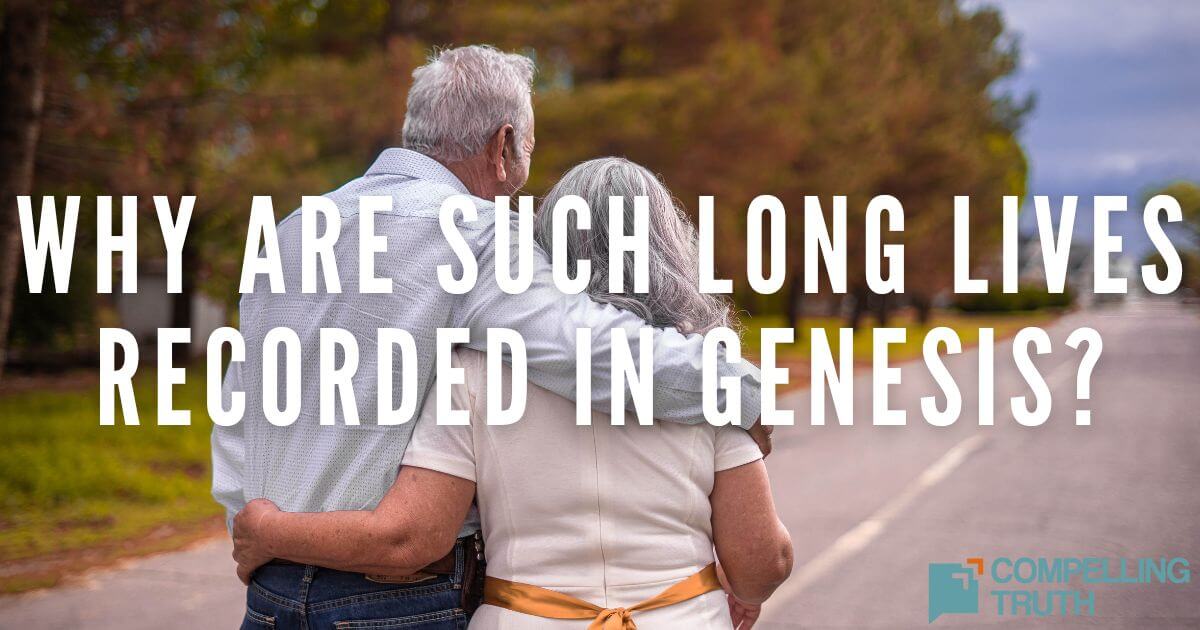what does the bible say?
Methuselah, the oldest man in the Bible, lived to 969 years old, part of a lineage of men with remarkably long lifespans. His was the grandfather of Noah and, given the meaning of his name, possibly received a divine revelation about the impending flood. Despite limited information about him, Methuselah is presumed to have been a righteous figure in a time of widespread wickedness, emphasizing the importance of obedience to God regardless of lifespan.




